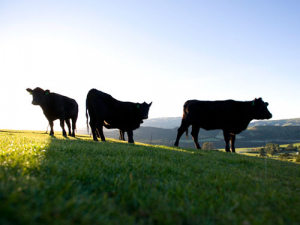The United Nations has removed a tweet following a global backlash from farmers.
The tweet, posted on July 26, stated “The meat industry is responsible for more greenhouse gas emissions than the world’s biggest oil companies. Meat production contributes to the depletion of water resources & drives deforestation.”
The tweet was accused of being sympathetic to oil companies, whilst targeting the meat industry.
According to Australian website Farm Online, the Australian government felt particularly targeted by the tweet.
The website reported comments by Australian Minister for Agriculture, David Littleproud that claim the tweet shows the UN is becoming irresponsible
"Australian meat producers are amongst the most sustainable land managers and environmental stewards in the world and encouraging people not to eat meat are the actions of an activist group, not the responsible international body the UN is meant to be," said Littleproud.
"Rather than denigrate and insult the integrity of our meat producers, we should be celebrating the farmers who help produce the first choice of protein for people globally."
The Cattle Council of Australia and the National Farmers’ Federation have also slammed the tweet and are now requesting that the UN clarify its position on agricultural carbon.
“Oil companies unlock long-term carbon storages, meat businesses don’t,” says Cattle Council President Tony Hegarty.
“It ignores the fact that carbon from burning oil can stay in the atmosphere for hundreds of thousands of years,” he said.
“By comparison, agricultural methane is largely depleted within 12 years.”



















